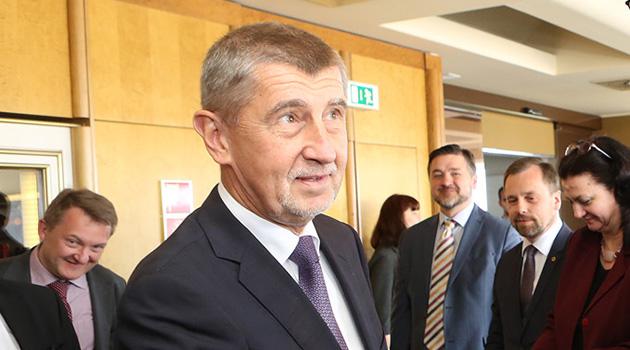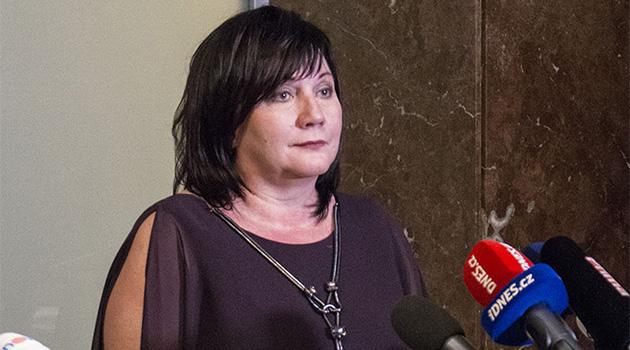Czech PM says Government will not change the financing conditions for nonprofits drawing EU money

The Czech Government Council for Non-State, Non-Profit Organizations met to discuss the Czech state’s policy toward non-state, non-profit organizations as it is running from 2015-2020. The most anticipated point of discussion was the rules for co-financing the European Structural and Investment Funds (including the European Social Fund) subsidies for 2021-2027.
Czech Prime Minister Andrej Babiš, who chairs the council, assured the council members present that the Government never considered adjusting how make financing available to non-state, non-profit organizations. After a brief discussion, the council approved a resolution “taking note that in the next program period for the ESIF funds, the current conditions of financing will be preserved, including the ex-ante financing regime and the option of zero co-financing requirements.”
The Czech Government posted that information to its website. Adjustment to the financing process had, however, been considered by Czech Finance Minister Alena Schillerová (for the Association of Dissatisfied Citizens – ANO). Several weeks ago her task was clear: to abolish the practice of providing advances for so-called “soft projects” covered by EU money.
Under pressure from her fellow cabinet members and criticism from many nonprofit organizations, the Finance Minister then backed away from that aim. Now she has asked the ministries in charge of distributing subsidies from the European Social Fund to provide her a detailed analysis of each applicant for EU money.
“We will continue the discussion to find a solution,” she said previously. Concerns about possible adjustments to the subsidy rules did not just come from the non-profit sector, but also from firms that draw on support from Brussels, for example, to provide educational or social services.
Several municipalities are in a similar situation, as an investigation by the Czech Labor and Social Affairs Ministry reveals. “I am aware that for some types of beneficiaries, the absolute abolition of ex-ante financing (i.e., advances paid by the state – Editors) could cause problems when drawing on resources for projects co-financed by the European Union,” the Finance Minister said when asked whether the inter-ministerial negotiations about the planned rules for the new subsidy period had made progress.
In August, news server iROZHLAS.cz had warned that the Finance Minister wanted to abolish the financing of so-called “soft projects” on the basis of invoices for advances. That was not the only change being considered, either.
The proportion of co-financing contributed by beneficiaries was also meant to be increased. Schillerová defended her plan by saying she wanted to provide some relief to the state’s own budget.
She encountered resistance from the ministries that distribute EU support for public benefit projects. The Education Ministry and the Labor and Social Affairs Ministry believe the proposed conditions would have been destructive.
If some beneficiaries would be required to first draw on their own resources, they do not have anything to draw from, according to the ministries. The consequence could be that organizations without capital would simply not apply for EU support.
This would be the case mainly of non-profit organizations that pay for carer services or for the education of children from socially vulnerable families from EU subsidies. “I have, therefore, asked the other resorts to produce analyses of the individual groups of beneficiaries, their activities, and the opportunities for financing. On the basis of their outputs we will then continue the discussion about finding a solution that will relieve the state budget and also be bearable for the beneficiaries,” the Finance Minister said.
The system of financing public benefit projects (so-called “soft projects) currently functions as follows: Beneficiaries of subsidies first receive a deposit from the Czech state that they spend and then account for. The relevant ministry checks the accounting and submits it to the Finance Ministry, which then sends a request for reimbursement to Brussels.
Brussels then reimburses the Czech Finance Ministry, which then returns the funding to the state budget. The cycle takes roughly one year longer than it does for projects that do not involve deposits and are only financed retroactively.
